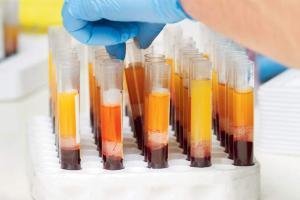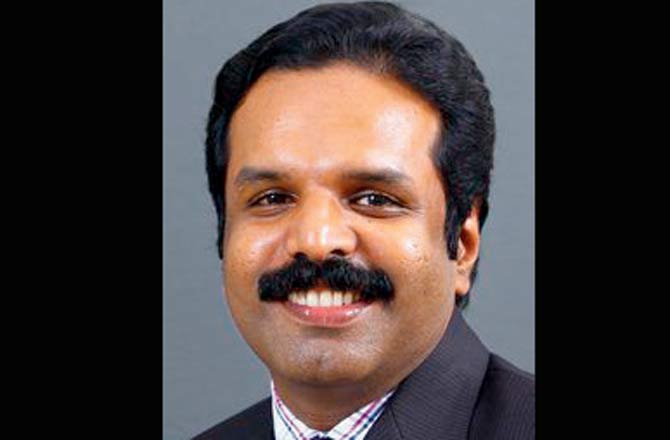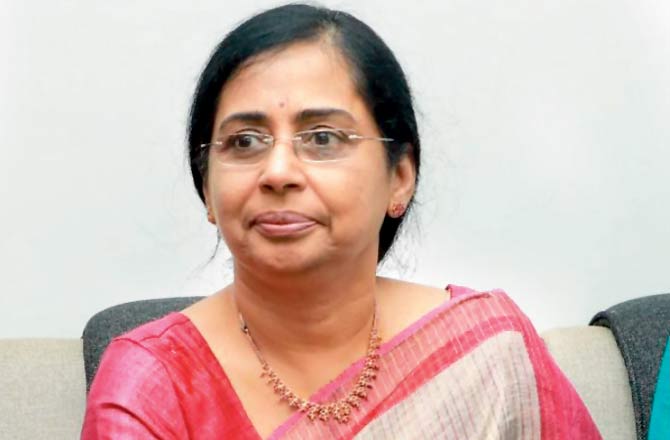Top medical experts are divided on the efficacy of this line of treatment, with the death of a COVID-19 patient, who had received plasma therapy, bringing it under sharp debate once again

Some doctors say more research is needed on plasma therapy's efficacy
While trials on plasma therapy for COVID-19 continue, they have sparked debate among medical professionals. While one set of experts feels that plasma therapy can work wonders with a supportive line of treatment, the other set opines that it is too premature to make such claims without thorough clinical evidence.
ADVERTISEMENT
Interestingly, the first set of experts is now further puzzled as to whom they should administer plasma therapy. That's because of the high risk involved as COVID-19 patients may still have existing ailments that may not respond well to plasma therapy.
The concern was raised after the recent death of a 52-year-old man who was given plasma therapy at a Mumbai hospital. The man had co-morbidities and was on ventilator support.

Dr Anoop Kumar, consultant and chief of Critical Care Medicine at BM Hospital, Calicut
Premature to consider it
Dr Asha Kishore, medical director, Sree Chitra Tirunal Institute for Medical Sciences and Technology, Thiruvananthapuram, said, "While there have been a few reports of convalescent plasma therapy being effective in treating COVID patients, unless there is a clinical study it is premature to consider it as an accepted form of treatment. It should be considered experimental therapy and should be monitored and regulated by the health ministry. Even data from China is too limited to confirm successful experiment of plasma therapy."
"Our transfusion medicine department has applied for participation in a clinical trial of convalescent plasma for the treatment for COVID-19 called by the Indian Council of Medical Research (ICMR). The ICMR's sponsored trial will be conducted to evaluate the safety and efficacy of convalescent plasma in patients with moderate COVID-19 infection. We are awaiting approval," said Dr Asha.
Against immunology principle
Dr Wiqar Shaikh, senior allergy and asthma specialist, who had treated the 52-year-old Byculla resident who was treated at home and recovered from COVID-19, said, "Plasma therapy means giving antibodies from a COVID cured patient to one still suffering from it. This is not within the principle of immunology. When a person has a viral infection, the first reaction of the body's immune system is to form IgM (Immuno Globulin M) antibodies and IgG (Immuno Globulin G). However, these are not the important defences against a virus. When the virus enters a body, it does so by mistake and cannot survive within the body and hence enters a cell to survive." Dr Shaikh added, "The COVID virus is an RNA virus, which cannot replicate on its own, it requires the cell apparatus to multiply. Whenever the immune system identifies a virus containing cell, two types of cells are activated. Both are T-lymphocytes, the first category is the cytotoxic T-lymphocyte and the second is the Natural Killer (NK) T-lymphocyte, both of which destroy the virus containing cell using bodily chemicals called 'perforins' and 'granzymes'. This cytotoxic and NK cells develop a memory for the virus within the body, and when the person gets infected with the same virus again, the memory cytotoxic and NK cells launch an immediate attack and kill the virus. Therefore, antibodies (plasma therapy), has a very poor role in defence against COVID and hence is of no use, claims Dr Shaikh.

Dr Asha Kishore, medical director, Sree Chitra Tirunal Institute for Medical Sciences and Technology, Thiruvananthapuram
"There are no double-blind placebo-controlled trials anywhere in the world of plasma therapy actually helping in recovery of serious COVID patients. Moreover, such clinical research is a welcome move, but it takes months or years of painstaking research," said Dr Shaikh.
In favour of plasma therapy
Dr Anoop Kumar, consultant and chief of Critical Care Medicine at BM Hospital, Calicut, said, "The Kerala government was concerned about the rapid rise in COVID-19 cases and called for a meeting of well-known health professionals in Kerala on March 20. At the meeting it was agreed to make use of plasma therapy, as we have come across case studies of successful results in China, South Korea, and other countries. However, it is yet to be published in the international journal."
"Plasma therapy has been effective in various virus outbreaks in the past, such as Nipah virus in 2018, H1N1 in 2008 and even the 1918 flu outbreak," said Dr Anoop, adding, "We intend to collect plasma from patients who have recovered from COVID-19. For instance, a 55-year-old recovered patient can donate around 800ml of plasma from the blood, and this can save four lives with a mere 200 ml of plasma."
However, donor protocol mandates that the donor should not have any fever, or foreign travel history or respiratory infection, and should have remained in self-isolation for 14 days post discharge and the swab collected after self-quarantine period should be negative.
200
Quantity in ml of plasma required for treatment
Catch up on all the latest Mumbai news, crime news, current affairs, and a complete guide from food to things to do and events across Mumbai. Also download the new mid-day Android and iOS apps to get latest updates.
Mid-Day is now on Telegram. Click here to join our channel (@middayinfomedialtd) and stay updated with the latest news
 Subscribe today by clicking the link and stay updated with the latest news!" Click here!
Subscribe today by clicking the link and stay updated with the latest news!" Click here!






